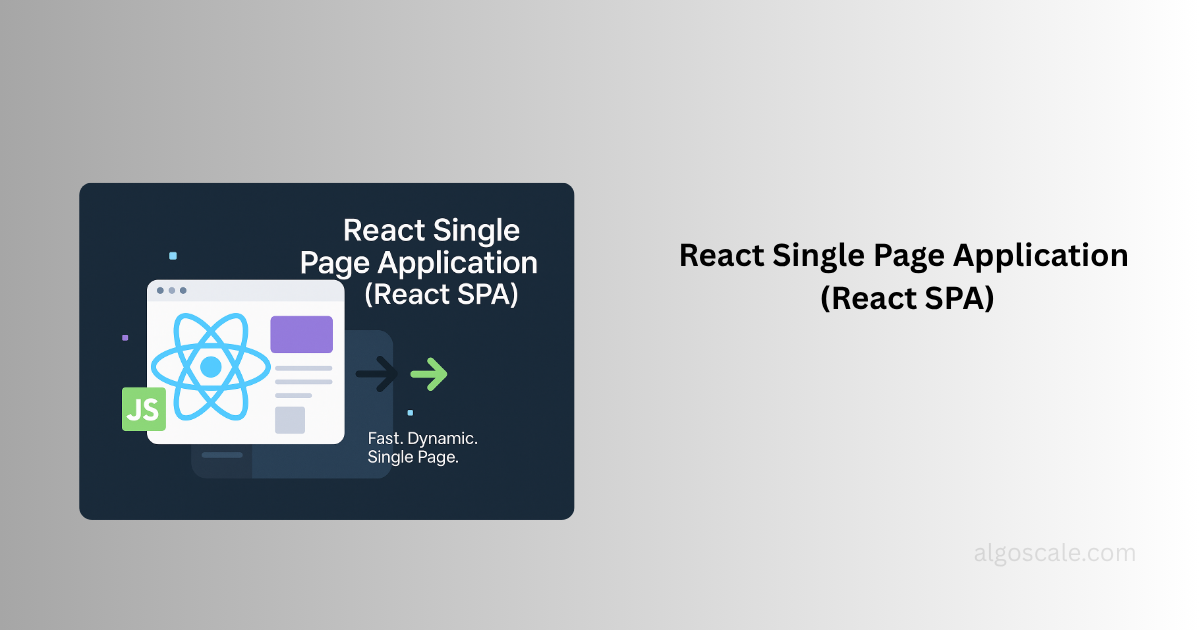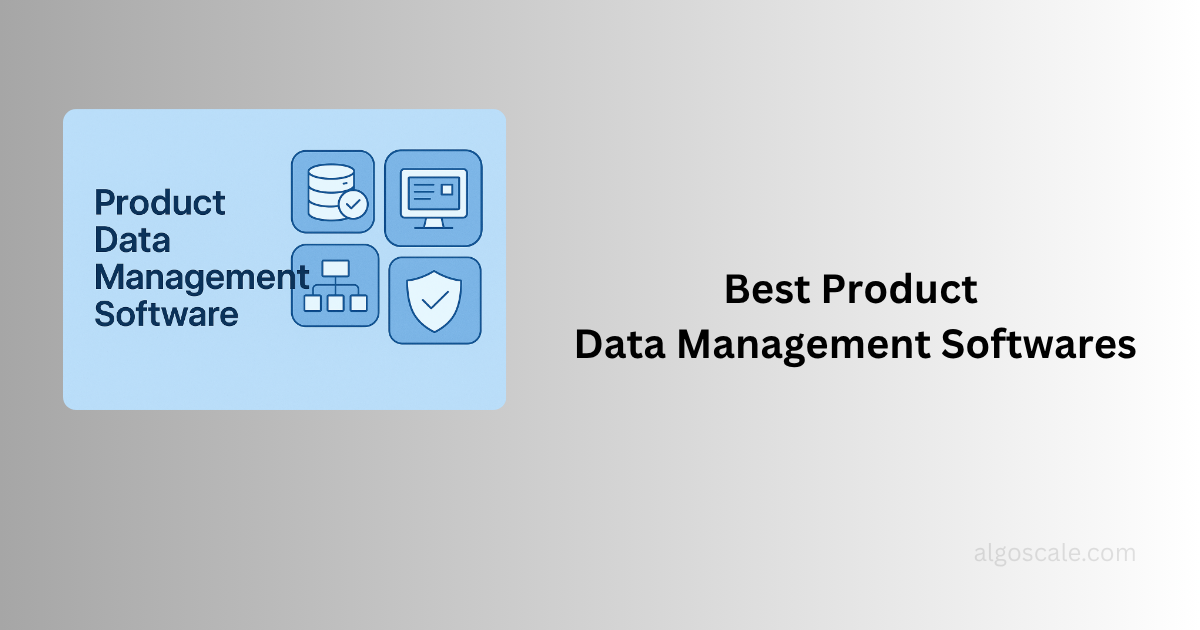Predictive Analytics
Predictive analytics is assisting retailers in not only keeping up but also staying one step ahead as the industry grows and adapts to a changing market and evolving customer needs. Retailers can use data from the past to predict upcoming deals and gain awareness of consumer behaviour patterns, providing a competitive edge to the enterprise. Whether through internal efforts or by partnering with a predictive analytics consulting firm, businesses can take control and elevate operations — from ensuring adequate stock levels to projecting future sales.

Popular Predictive Analytics Trends in Retail and Ecommerce
Predictive analytics allows e-commerce enterprises to understand better what items customers want and discover popular and slow-moving products and product categories. By eliminating the need to buy and sell things based on guesswork, predictive analytics can help online retailers manage demand and supply. Retailers may utilize the historical data to forecast what to stock, where to stock it, when to stock it, and how much it will cost to maintain and optimize revenue. This aids in meeting customer demands, eliminating sales losses, lowering inventory costs, and streamlining the entire supply chain.

The first step in deploying predictive analytics is to understand customer behaviour and combine it with consumer demographics. Retailers can utilize it to provide highly personalized and targeted offers to individual customers. It has become possible to track behaviour across channels, such as tracking a customer who researches a digital store before purchasing the item in a physical store. With these data and predictive analytics, businesses can now create highly tailored offers to customers at a very granular level. According to a survey conducted in the US by Epsilon and GBH Insights, most consumers (80%) want retailers to personalize their experiences. In this way, predictive analytics uses cumulative data to forecast what the buyer is likely to buy next and provide product suggestions to match, rather than recommending products based on purchase history.
Understanding consumer behaviour and improving communications to improve revenue and lower acquisition costs are two of the most significant difficulties merchants confront. Predictive Analytics sorts through the data to extract important information and gain a better understanding of the customers. As each consumer transaction generates a vast quantity of data, online businesses attempt to convert one-time shoppers into devoted clients. Retailers can use data to improve campaign conversions, increase revenue, identify at-risk customers, determine which products will perform well, and determine which sales channels may require additional resources for long-term success.

Pricing is one of the fundamental areas of predictive analytics capability, and it is here that real-time machine learning and data science come into play. Predictive Analytics considers weather forecasting and real-time sales data to adjust and induce optimal pricing. Rather than relying on sales estimates and revenues on consumer historical data, predictive analytics delivers a more accurate sales forecast based on customer purchasing tendencies. These models can examine data trends based on historical and transaction data and identify future hazards and possibilities.

How can Algoscale help?
While data analytics tools can help merchants better understand their consumers’ demands based on their digital footprint and online purchase history, eCommerce businesses are always looking for cutting-edge technology that will help them convert more customers and grow their market share. Audience data can be categorized and organized for meaningful customer insights using predictive analytics models. Such historical data and customer insights may further be analyzed to forecast future trends accurately.
Algoscale, one of the leading Predictive Analytics company, helps businesses make a smooth transition from a broad-based marketing strategy to a more effective and tailored approach for each consumer and create unique shopping experiences for online customers with our client-focused solutions.











